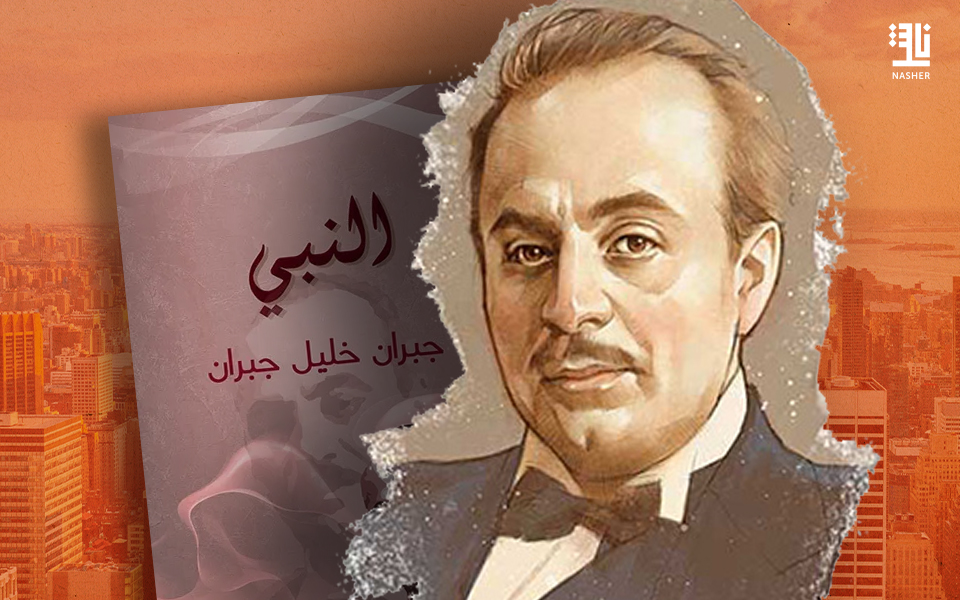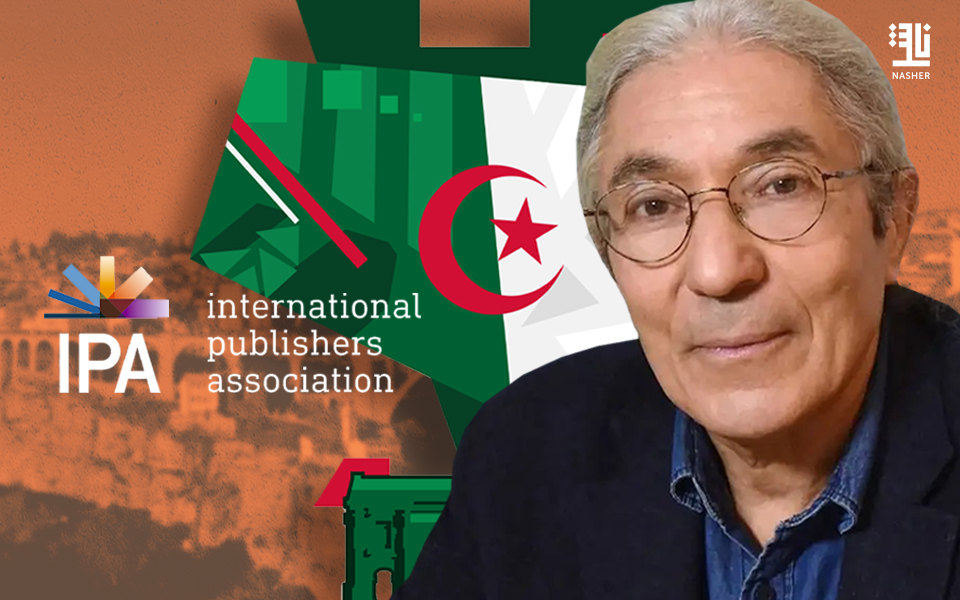On April 10, 1931, Gibran Khalil Gibran passed away at the age of 48. Though his life was brief, his literary and philosophical impact continues to echo across cultures. Widely recognized in the Arab world as a pioneer of the Mahjar literary movement, Gibran’s legacy transcends borders – particularly for his role in offering a profound and humanized image of the East, written from the very heart of the West: New York City.
Gibran didn’t write about the East as a place – he presented it as a soul. Through his books, letters, and public talks, he painted a picture of Eastern identity that challenged the dominant Western imagination of his time.
His most famous English work, The Prophet (1923), offers a deeply spiritual narrative through the voice of “Almustafa,” a wise man sharing reflections on love, freedom, work, and death. It was not only a poetic meditation on life, but also a vessel for introducing Western readers to an Eastern worldview that was rich, compassionate, and timeless.
“I am Eastern in heart, though I live among Westerners,” Gibran once wrote. Rather than feeling torn between identities, he embraced this duality and turned it into a bridge.
Writing in English was a conscious choice – not to assimilate, but to speak to the West in its own language while preserving the essence of his heritage. For Gibran, New York wasn’t a replacement for his roots; it was a platform to share them with the world.
In an era marked by colonialism and cultural superiority, Gibran’s voice stood as a gentle but firm reminder that the East had its own beauty, wisdom, and humanity. His work dismantled the exotic, often superficial depictions of the East and offered instead a universal message of connection, spirit, and shared meaning.
Buried in Bsharri, Lebanon, yet spiritually rooted in both East and West, Gibran was never simply a “migrant writer.” He was a cultural messenger who reintroduced the East to the world not as a curiosity, but as a mirror – reflecting the deepest parts of what makes us human.







